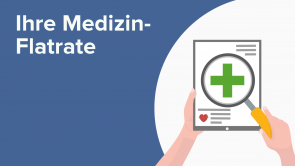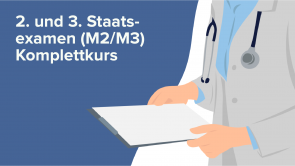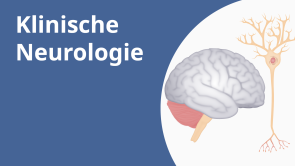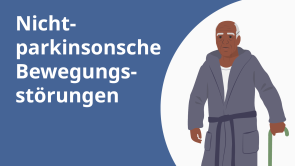Nicht-parkinsonsche Bewegungsstörungen: Chorea und Chorea Huntington

Über den Vortrag
Der Vortrag „Nicht-parkinsonsche Bewegungsstörungen: Chorea und Chorea Huntington“ von Roy Strowd, MD ist Bestandteil des Kurses „Nicht-parkinsonsche Bewegungsstörungen“.
Quiz zum Vortrag
Which of the following terms refers to the clinical finding of brief, irregular contractions that are not repetitive or rhythmic but appear to move from one muscle to the next?
- Chorea
- Tremor
- Paraballism
- Hemiballism
- Hyperkinesia
Contrasted with primary chorea, secondary chorea is...
- ...related to infectious, immunologic, or other medical causes.
- ...idiopathic or genetic in origin.
- ...caused by ischemia to the basal ganglia.
- ...seen as a paraneoplastic clinical symptom.
- ...caused by amyloid deposits in the frontal and parietal cortices.
Which of the following is a disorder caused by an expanded trinucleotide repeat and is the most common cause of chorea?
- Huntington disease
- Pick disease
- Fragile X syndrome
- Myotonic dystrophy
- Klinefelter syndrome
Which of the following constellations of symptoms might be seen in a patient with Huntington disease?
- Chorea, impaired executive function, depression
- Chorea, gait instability, urinary incontinence
- Bradykinesia, rigidity, resting tremor
- Scanning gaze, internuclear ophthalmoplegia, nystagmus
- Chorea, tremor, hemiballismus
Diese Kurse könnten Sie interessieren
Kundenrezensionen
5,0 von 5 Sternen
| 5 Sterne |
|
5 |
| 4 Sterne |
|
0 |
| 3 Sterne |
|
0 |
| 2 Sterne |
|
0 |
| 1 Stern |
|
0 |






